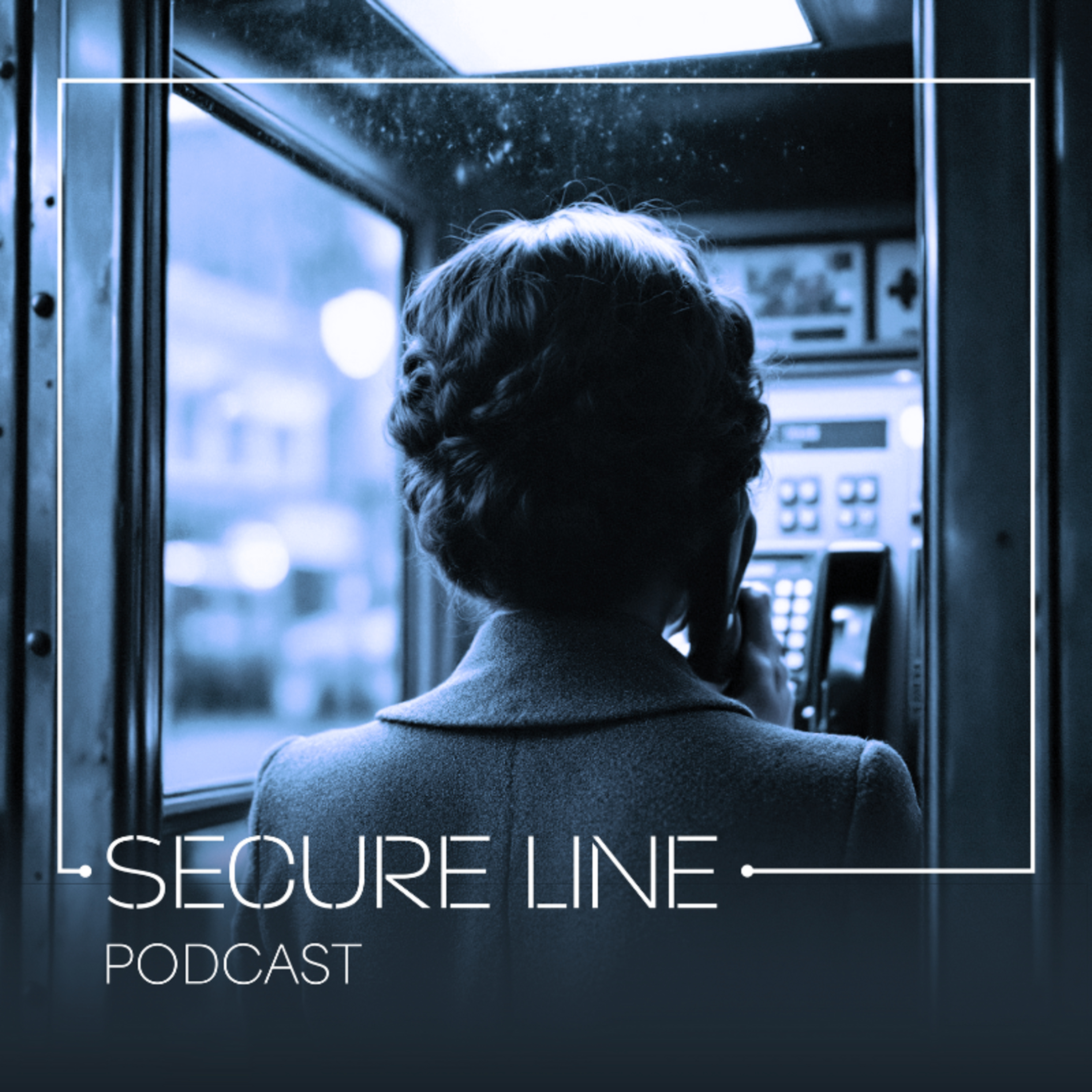Secure Line

Secure Line
Podcast Description
Canada's intelligence landscape is as unique as the country itself. In an evolving global threat environment, fostering informed discussions on intelligence has become increasingly vital to the national security discourse. Secure Line Podcast is designed to influence and inform the national dialogue on security and intelligence in Canada, and internationally. Secure Line is brought to you by the Canadian Association for Security & Intelligence Studies (CASIS).
Podcast Insights
Content Themes
The podcast covers various key topics such as state threats, terrorism, foreign interference, and the implications of U.S. policies on Canadian security. For example, episodes tackle discussions on modern espionage techniques, ideologically motivated violent extremism, and the impacts of foreign interference on democratic institutions. Specific episodes highlight challenges in Canada's counterterrorism efforts and the evolving threats from state actors and organized crime.

Canada’s intelligence landscape is as unique as the country itself. In an evolving global threat environment, fostering informed discussions on intelligence has become increasingly vital to the national security discourse. Secure Line Podcast is designed to influence and inform the national dialogue on security and intelligence in Canada, and internationally. Secure Line is brought to you by the Canadian Association for Security & Intelligence Studies (CASIS).
Steph, Leah, and Jess kick off Secure Line’s first-ever video “Festivus” episode with a holiday tradition: the airing of the grievances. After a quick tribute to producer Lena (the only person exempt from criticism), the trio runs through what’s been frustrating them most about Canada’s national security landscape—and what they think needs to change.
Leah opens with a perennial—and increasingly urgent—complaint: Canada still doesn’t have a national security strategy, and the absence of a clear “North Star” is starting to miss the moment with Canadians and allies alike. Jess follows with a hard look at the state of terrorism research: weak definitional consensus, inconsistent measurement, and a field that sometimes struggles to generate actionable insight—especially as governments broaden terrorism definitions in ways that blur already-messy lines. From there, the conversation turns to threat assessments and the purpose (and practical impact) of ITAC, including its evolving mandate, its communication style, and whether “permanently medium” threat levels are actually useful for Canadians.
Steph’s grievances hit institutional accountability: national security being framed too narrowly through defense, the government’s stalled reform agenda, ongoing RCMP reform debates, and pointed criticism of the Public Safety portfolio—particularly at a time when Canada’s reliance on the U.S. is becoming less predictable across the full spectrum of national security issues.
The crew then shifts to a rare moment of self-critique: Jess rethinks crypto as not just “agnostic,” but increasingly inseparable from illicit finance architecture; Leah reassesses whether Canada can afford to keep avoiding a foreign intelligence capability; and the group reflects on how deep U.S. institutional deterioration is becoming under Trump 2.0—and what that means for trust, intelligence, and long-term cooperation.
Finally, the mood turns lighter as they share wins from the year—big professional milestones, personal achievements (including Leah’s Ironman Worlds in Kona), and the podcast itself—before looking ahead to 2026: major legislation files to watch, reform questions still unresolved, and what they’re tracking as Canada tries to navigate a rapidly shifting security environment.

Disclaimer
This podcast’s information is provided for general reference and was obtained from publicly accessible sources. The Podcast Collaborative neither produces nor verifies the content, accuracy, or suitability of this podcast. Views and opinions belong solely to the podcast creators and guests.
For a complete disclaimer, please see our Full Disclaimer on the archive page. The Podcast Collaborative bears no responsibility for the podcast’s themes, language, or overall content. Listener discretion is advised. Read our Terms of Use and Privacy Policy for more details.